Metal detecting is a thrilling hobby that combines outdoor adventure with the chance to uncover hidden treasures. For beginners, knowing where to start can be the difference between a rewarding experience and a fruitless endeavor.
In this comprehensive guide, we'll explore the seven best places for a beginner to go metal detecting, ensuring you're well-equipped to find treasure from the get-go.
Key Takeaways:
- Discover the most beginner-friendly locations for metal detecting.
- Learn essential metal detecting tips to maximize your chances of success.
- Understand the importance of respecting local laws and obtaining permission when necessary.
Your Own Backyard
Starting in your own yard is an excellent way for beginners to practice using their metal detectors. It's a safe, private space where you can learn the ropes of your equipment without the pressure of public scrutiny. You might be surprised at what lost items or old silver coins you can find in an area you thought you knew well.
Local Parks and Picnic Areas
Local parks are hotspots for lost coins, jewelry items, and small trinkets, especially around picnic areas and under shade trees where people tend to gather. Remember to check the local rules and obtain permission if required, as some parks may have restrictions on metal detecting.

Beaches and Towel Lines
Saltwater beaches and the towel line, where beachgoers typically set up for the day, are great metal detecting spots. Dry sand areas are particularly beginner-friendly, as they are easier to dig in and often yield finds like gold rings and lost coins. Always be mindful of local laws and clean up any holes you dig. 8. State Parks and Recreational Areas
Have you ever considered the potential treasures that lie hidden in state parks and recreational areas? These spots are often teeming with history and, consequently, with opportunities for metal detector enthusiasts. State parks, in particular, can be a goldmine for those looking to find coins or relics from past visitors.
With permission from park authorities, you can explore vast landscapes where few have thought to look. Remember to respect the natural habitat and historical significance of these areas; it's not just about the find, but also about preserving the beauty and integrity of these public treasures.
Moreover, recreational areas often have picnic spots and activity zones where families gather for a day out. It's not uncommon for items like a gold ring or a piece of lost jewelry to be inadvertently left behind. For a metal detectorist, these are prime locations to search for metal detecting finds.
Just imagine unearthing a piece of history or returning a precious item to its rightful owner. The stories that accompany such finds can be as valuable as the treasures themselves. So, pack your gear, respect the rules, and you might just have an unforgettable treasure hunting adventure.

Abandoned Lots and Old Homesteads
Now, let's talk about a place with a bit of an edge – abandoned lots and old homesteads. These locations can be a treasure hunter's dream, often overlooked and ripe with potential for significant metal detecting finds.
Imagine walking through an old homestead, your first metal detector buzzing with the promise of something beneath your feet. It could be a coin spill from a bygone era or perhaps some family members' lost heirloom. The thrill of the hunt is palpable in these places where stories of the past are just waiting to be uncovered.
But before you set out, it's crucial to ensure you have the proper permissions to explore these areas, as they may be on private property. Once you've got the green light, it's all about strategy.
Make sure your metal detector is properly calibrated for ground balance to differentiate between junk metals and the real McCoy. Ghost towns, too, can be fascinating sites for metal detecting, often left with the echoes of crime stories and old western life.
With each beep, you're not just finding objects; you're also piecing together the narrative of the land. So why not add these intriguing spots to your list of places to go metal detecting?

Abandoned Lots and Ghost Towns
Have you ever driven past an old, abandoned lot and wondered what treasures might be hidden beneath the weeds and rubble? Well, for those asking, "Where are the best places for a beginner to go metal detecting?" these forgotten spaces can be a goldmine.
Abandoned lots and ghost towns often hold remnants of the past, from old coins to historical artifacts. Just make sure to check local laws and obtain permission if it's private property.
Your local Metal detecting club will often organize outings to these types of locations, where you can connect with experienced treasure hunters and learn the ropes. Not only could you find lost jewelry or relics, but you'll also get a fascinating glimpse into history.
Remember, these places are untouched by modern clutter, meaning less trash to sift through and a higher chance of striking it rich with every beep of your detector.
Community Gardens and Allotments
When considering the best places for a beginner to go metal detecting, community gardens and allotments offer a unique opportunity. These areas are often overlooked, yet they can be a treasure trove for metal detecting enthusiasts.
The constant turnover of soil and the history of these communal spaces can unearth relics from past gardeners, lost tools, and even personal items.
It's a respectful practice to ask for permission from the garden owners or managers before you start your treasure hunt, ensuring you maintain good relationships and possibly gain access to other communal areas they manage.
Community gardens are not just about the potential finds, but also about the stories they can tell. As you sweep your detector over the well-tended plots, you might find old coins dropped over the years, jewelry, or even historical artifacts that have been buried for decades.
These finds not only add excitement to your treasure hunt but also help piece together the history of the local community. Remember to fill any holes you dig and leave the garden as beautiful as you found it, preserving the space for both gardeners and fellow detectorists.

Riverbanks and Stream Beds
When considering the best places for a beginner to go metal detecting, don't overlook the potential of riverbanks and stream beds. These areas, often rich in history, can be a treasure trove for metal detecting enthusiasts.
Over the years, rivers have been natural highways for human activity, and their banks may hold lost items from centuries of travel and trade. Beginners will find these spots less frequented by metal detecting veterans, offering a quieter and potentially rewarding experience.
Moreover, after heavy rains and floods, riverbanks can reveal hidden objects as the soil and sediment are churned up and redistributed. This natural occurrence can bring older items to the surface, making them easier to find.
It's important to be aware of local regulations regarding metal detecting in these areas, as some might be protected or require a permit. Always ensure you're not trespassing and be mindful of the environment, taking care not to disturb natural habitats.

Old Campgrounds and Rest Areas
Old campgrounds and rest areas are often overlooked gems when it comes to the best places for a beginner to go metal detecting. These spots have seen countless visitors over the years, many of whom may have inadvertently left behind coins, jewelry, and other metal items.
Beginners will appreciate the ease of access and the likelihood of finding something interesting is quite high. It's a great way to practice your detecting skills without the pressure of competing with more experienced hobbyists.
When exploring these areas, it's crucial to pay attention to patterns of human activity. Look for places where people might have sat down or gathered, as these are often hotspots for lost items.
Remember to respect the land by filling any holes you dig and removing any trash you encounter. Not only does this help the environment, but it also maintains a positive image for the metal detecting community.
Always check if you need permission to detect in these areas, as some might be on private property or have specific rules.

Public Beaches During Off-Season
Public beaches are among the best places for a beginner to go metal detecting, especially during the off-season when the crowds have thinned out. The shifting sands can reveal lost items that have been hidden away for months or even years.
From lost jewelry, coins, to vintage soda can pull tabs, the potential discoveries are endless. The off-season provides a quieter environment, allowing you to focus on your detecting without the distractions of a busy beach.
Plus, the cooler weather can make for a more comfortable treasure hunt, as you comb the sands for hidden gems.
The off-season also means fewer disturbances in the sand, giving you the first crack at whatever the tides have brought in or what was left behind from the summer's visitors.
It's important to be aware of local regulations regarding metal detecting on public beaches, as some areas may have restrictions or require permits.
Always follow these guidelines to ensure that the hobby remains enjoyable and accessible to everyone. With a little patience and a keen eye, public beaches can provide an exciting and potentially rewarding metal detecting experience.

Festivals and Fairgrounds
Festivals and fairgrounds, after the crowds have gone, can be an unexpected hotspot for metal detecting enthusiasts. Think about it – where there's a high concentration of people, there's a higher likelihood of coin spills and lost items.
From local landmarks hosting annual fairs to state park celebrations, these venues are often overlooked by beginner treasure hunters.
After a big event, the grounds are usually littered with lost coins, jewelry, and other valuables. Just be sure to get in touch with the event organizers or local authorities for permission to search the area.
And who knows? Your beach hunt skills might come in handy when scanning the vast open areas of a parking lot or the grassy fields of a public festival. So next time you're at a local park event, take a moment to consider the potential beneath your feet – it might just inspire your next metal detecting adventure.
Historical Sites and Old Maps
Researching local history can lead you to your local historical societies sites, where you're more likely to find treasure trove items. Old maps can be a valuable resource, available at your local library, to identify places to metal detect where old coins and valuable items might be found. Ensure you're not on federal property or national parks where metal detecting is prohibited.

School Yards and Sporting Events
School yards and areas around sporting events can be littered with lost items, from coins to jewelry. These places are often overlooked, making them ideal for beginners. Be sure to go metal detecting after hours and always seek permission from the property owner or local businesses.
Hiking Trails and Scout Camps
Hiking trails and old scout camps are less frequented by metal detectorists and can be a source of unique finds. These areas can yield items from past hikers or campers, including old coins and small artifacts. Be prepared with the right tools and respect the natural environment.
Public Land and Rest Stops
Public land, including rest stops and parking lots, can be a treasure hunter's dream. People often lose coins and small items in these high-traffic areas. Check national laws and regulations to ensure you're compliant with metal detecting policies on public land.
Some Final Thoughts
Metal detecting is an accessible hobby that can be both fun and profitable. By starting with these seven beginner-friendly locations, you'll increase your chances of finding treasure while honing your skills. Always remember to respect private property, follow local and federal laws, and leave the areas you explore as you found them. Happy hunting!
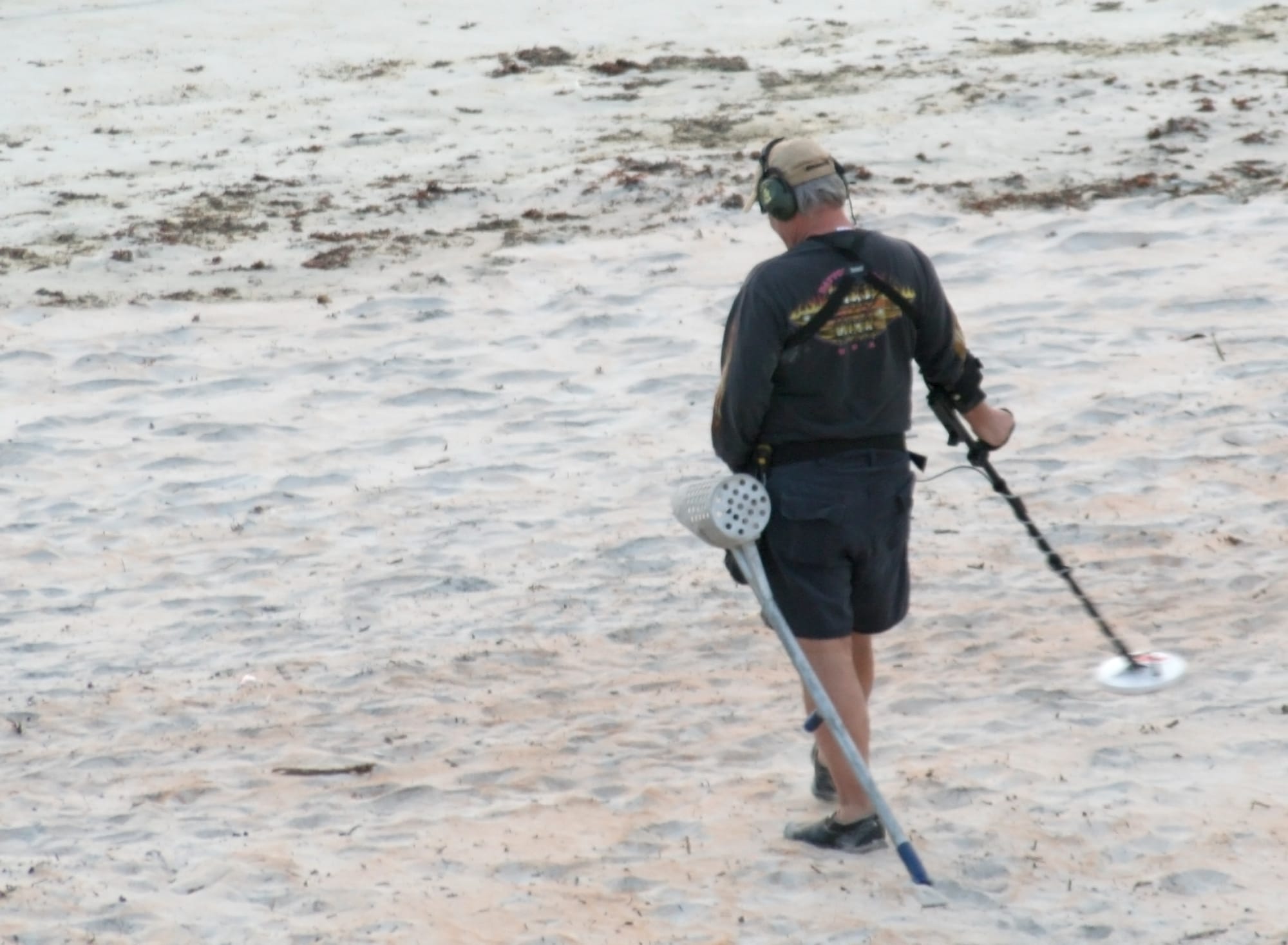
FAQ's
Q: Do I need permission to metal detect on private land? A: Yes, always obtain permission from the property owner before metal detecting on privately owned land. Trespassing can lead to legal issues and is disrespectful to the landowner.
Q: Can I metal detect in national parks? A: No, metal detecting is generally prohibited in national parks due to federal laws protecting these historical and natural resources.
Q: What equipment do I need to start metal detecting? A: The basic equipment includes a metal detector with a detector coil, digging tools, and a bag or pouch to hold your finds. It's also helpful to have a pair of headphones, gloves, and a pinpointer for more precise locating of objects.
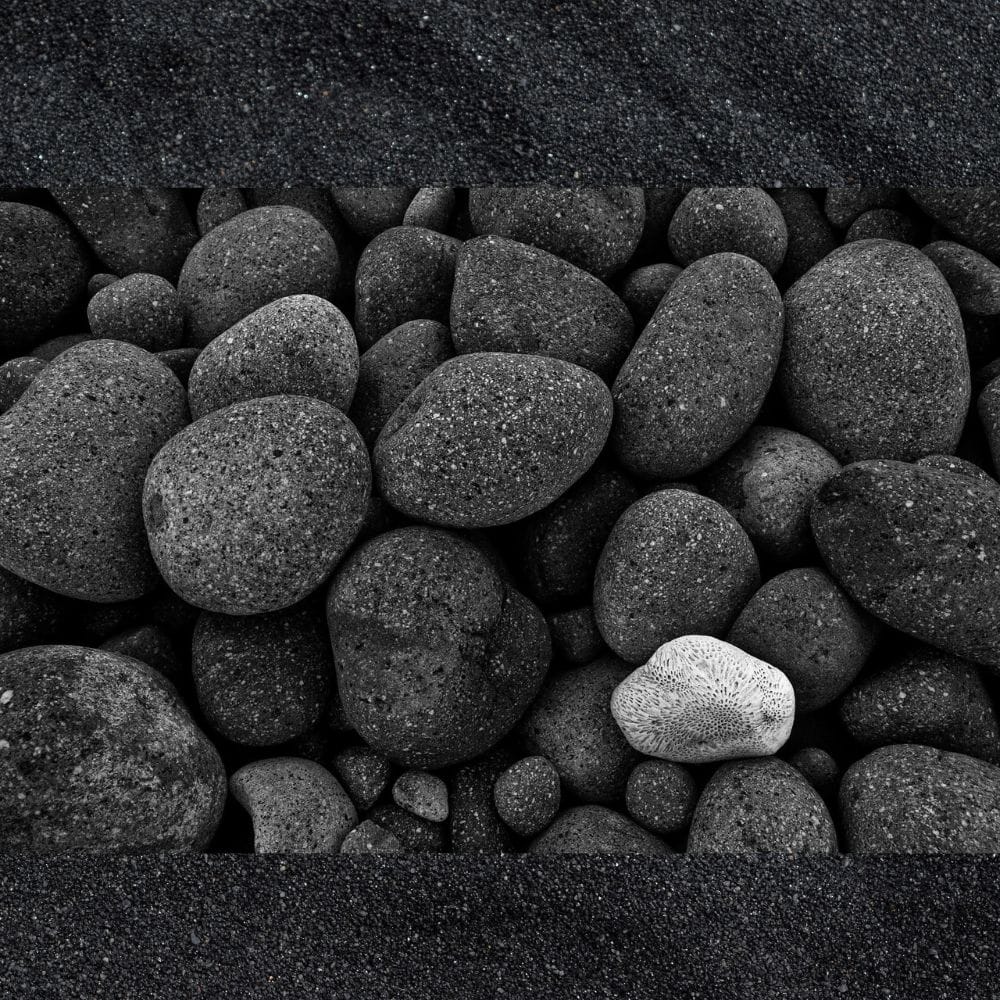
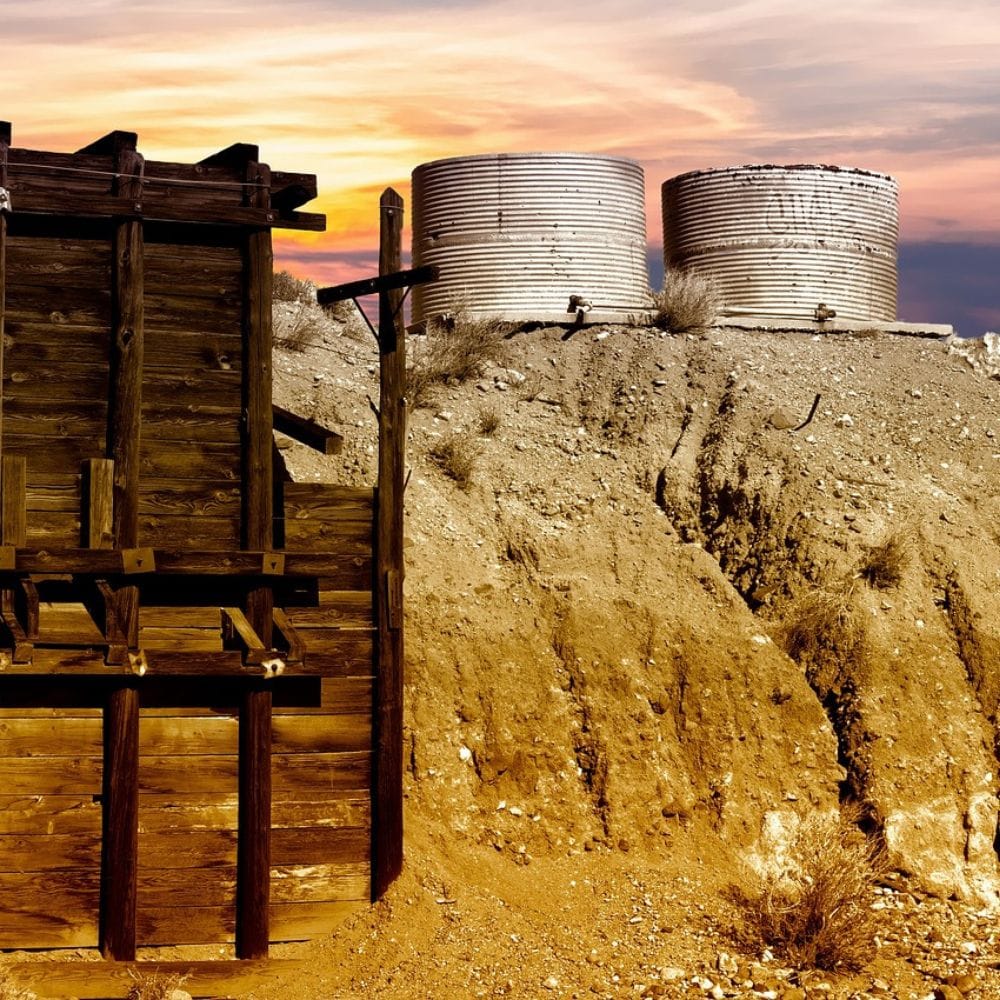
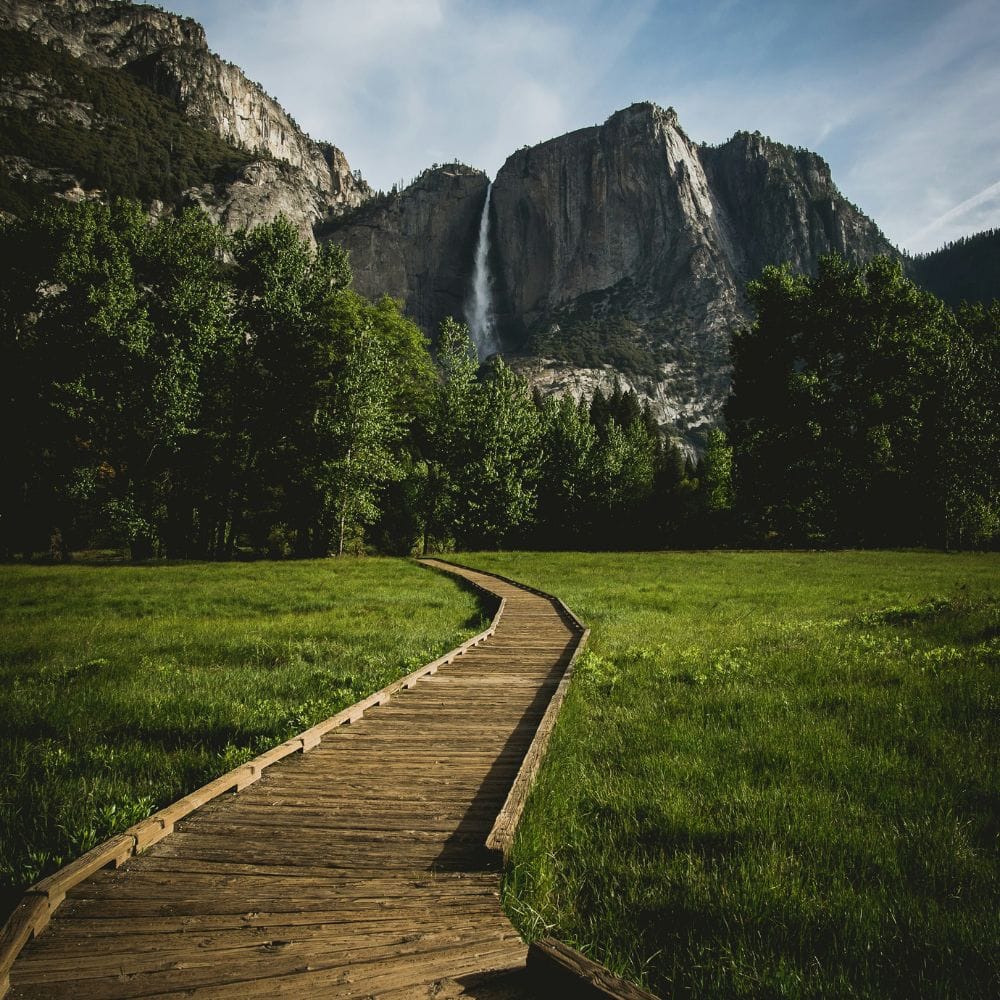
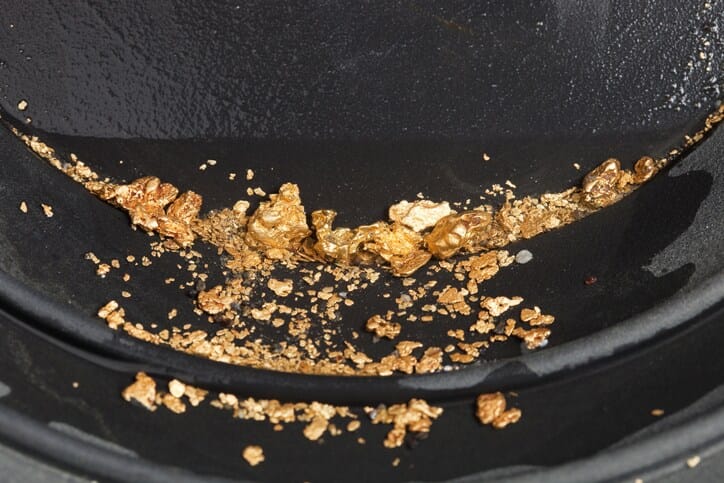











Member discussion